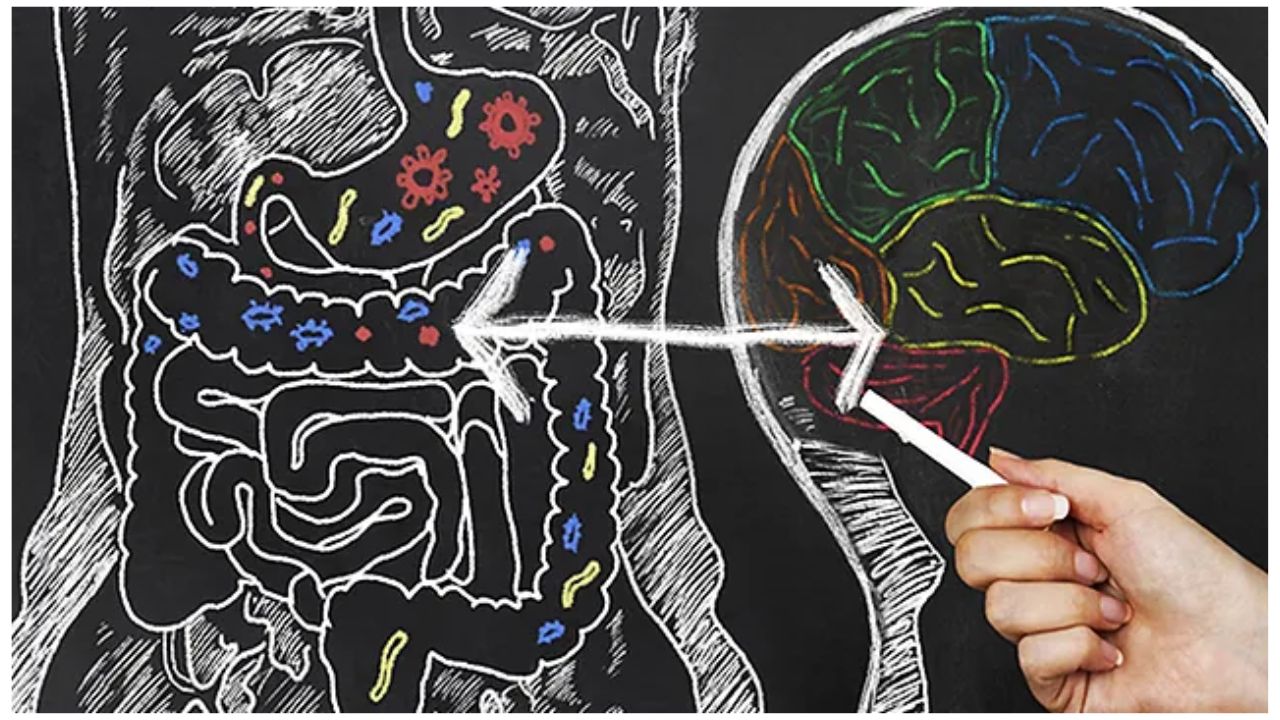Surprising Link Between Common Bacteria and Alzheimer’s Risk, Revealed by Research
A type of bacteria found in the guts of two-thirds of people around the world may be linked to a higher risk of Alzheimer’s disease.

Surprising Link Between Common Bacteria and Alzheimer: The study opens up new areas for research, especially to find out if getting rid of the usual bacteria in the gut could really stop Alzheimer’s disease.
Surprising Link Between Common Bacteria and Alzheimer’s Risk, Revealed by Research
A type of bacteria found in the guts of two-thirds of people around the world may be linked to a higher risk of Alzheimer’s disease, according to new study. The research looked at whether having a clear Helicobacter pylori (H pylori) infection increased the chance of getting Alzheimer’s in people aged 50 and up. The Alzheimer’s & Dementia: The Journal of the Alzheimer’s Association sent it out. Stomach cancer, gastritis, ulcers, and heartburn can all be caused by this common disease.
The health records of more than 4 million people in the UK aged 50 and up were looked at by experts from McGill University between 1988 and 2019. It was found that people who had an active H. pylori infection had an 11% higher chance of getting Alzheimer’s disease, which is the most common form of dementia.
There are many things that can cause Alzheimer’s disease, but these results add to what we already know about how illnesses, especially H Pylori, may play a part in its growth.
Check Out: Bruce Welch Death: The Influence of The Shadows’ Guitarist on the Music Scene!
Dr. Brassard, a public health and preventive medicine doctor at the McGill University Health Centre, said,”We hope the findings from this investigation will provide insight on the potential role of H pylori in dementia to inform the development of prevention strategies, such as individualized eradication programmes, to reduce infections at the population level,”
The study opens up new areas for research, especially to find out if getting rid of this bacteria could really help some people avoid getting Alzheimer’s.
The number of people with dementia is likely to triple in the next 40 years because the world’s population is getting older. “However, there are still not enough effective treatments for this disease,” said Dr. Paul Brassard, who led the study and is a Professor in the Department of Medicine at McGill.
Millions of people around the world have Alzheimer’s disease, and experts say that number will rise sharply as trends change.
